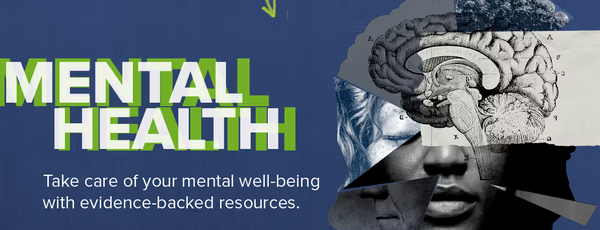Entering drug and alcohol rehab is a courageous step toward reclaiming control over one’s life and breaking free from the grips of addiction treatment center. The journey can be transformative, leading not only to sobriety but also to profound personal growth, renewed relationships, and a healthier outlook on life. Understanding what to expect during rehab can ease any anxiety and provide insight into the positive changes that lie ahead.
Rehab begins with a comprehensive assessment conducted by professionals to understand each person’s unique needs, addiction history, and personal challenges. This evaluation helps create a tailored treatment plan that addresses both the physical and psychological aspects of addiction. For many, rehab starts with detox, a medically supervised process that removes drugs or alcohol from the body. While detox can be physically and emotionally challenging, the presence of medical professionals ensures safety and comfort throughout the experience. Once detox is complete, individuals are better prepared to engage fully in the therapeutic phase of rehab.
Therapy is at the heart of any effective rehab program, aiming to uncover the root causes of addiction and equip individuals with tools to manage cravings and cope with stressors in healthy ways. Individual therapy, often rooted in cognitive-behavioral approaches, helps people identify negative thought patterns and behaviors that have contributed to their addiction. Working one-on-one with a therapist creates a safe space to explore painful experiences, past trauma, and triggers. This self-discovery process can be intense, but it is ultimately empowering, allowing individuals to confront and heal from unresolved issues.
Group therapy is another fundamental aspect of rehab, offering a sense of community and shared experience. Addiction can be an isolating journey, but group therapy provides a supportive space where individuals can share their struggles, learn from others, and build connections with people who understand their challenges. In these sessions, participants often find hope, encouragement, and inspiration from those further along in their recovery journey. Building a network of supportive peers can be instrumental in maintaining sobriety after rehab.
Family therapy may also be part of the rehab experience, as addiction often affects not only the individual but also their loved ones. Family therapy sessions help rebuild trust, improve communication, and address any resentment or hurt that may have developed over time. This collaborative approach aims to create a strong, supportive foundation that fosters long-term recovery, allowing families to heal together and better understand how they can support their loved one’s recovery journey.
Beyond traditional therapies, many rehab programs offer holistic treatments, such as meditation, yoga, art therapy, and fitness programs. These activities promote physical and mental well-being, teaching individuals new ways to relax, manage stress, and express themselves. The holistic approach emphasizes the connection between mind and body, allowing individuals to rediscover joy and balance in everyday life. These practices often become lifelong habits that support a healthy, sober lifestyle after rehab.
Life skills training is also an essential component of many rehab programs. Addiction can disrupt daily routines, impair decision-making, and undermine self-confidence. In rehab, individuals learn practical skills such as managing finances, setting goals, and establishing healthy routines. These skills are crucial for rebuilding a stable life, reducing the risk of relapse, and preparing individuals to transition back into society.
The transformation that rehab can inspire goes far beyond achieving sobriety. For many, rehab provides a newfound sense of purpose and self-worth. The journey of self-reflection and healing empowers individuals to embrace a positive vision of their future and rebuild relationships with loved ones. Rehab can reveal hidden strengths, talents, and passions that were buried under the weight of addiction, inspiring individuals to pursue new hobbies, careers, and goals that contribute to a fulfilling life.
While the rehab experience requires dedication, openness, and resilience, the rewards are life-changing. It offers not only freedom from addiction but also a renewed sense of self and a supportive network for continued growth. For anyone ready to make a profound change, rehab is a transformative process that opens doors to a healthier, more fulfilling life, laying the foundation for lasting recovery and a brighter future.



